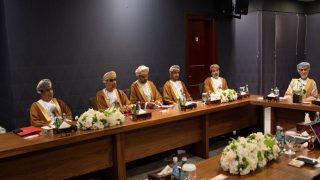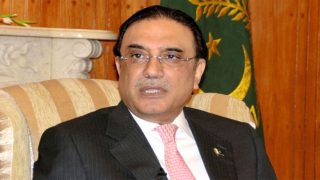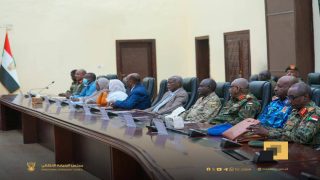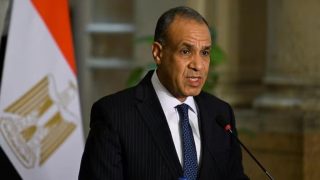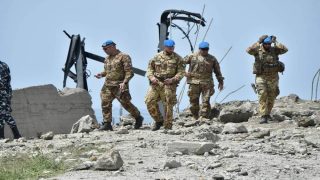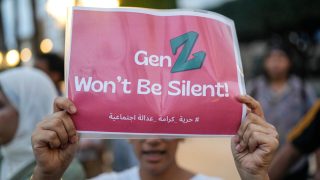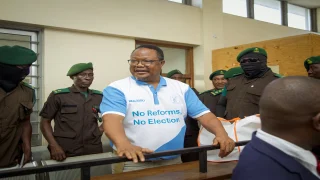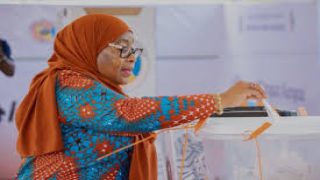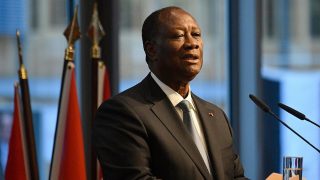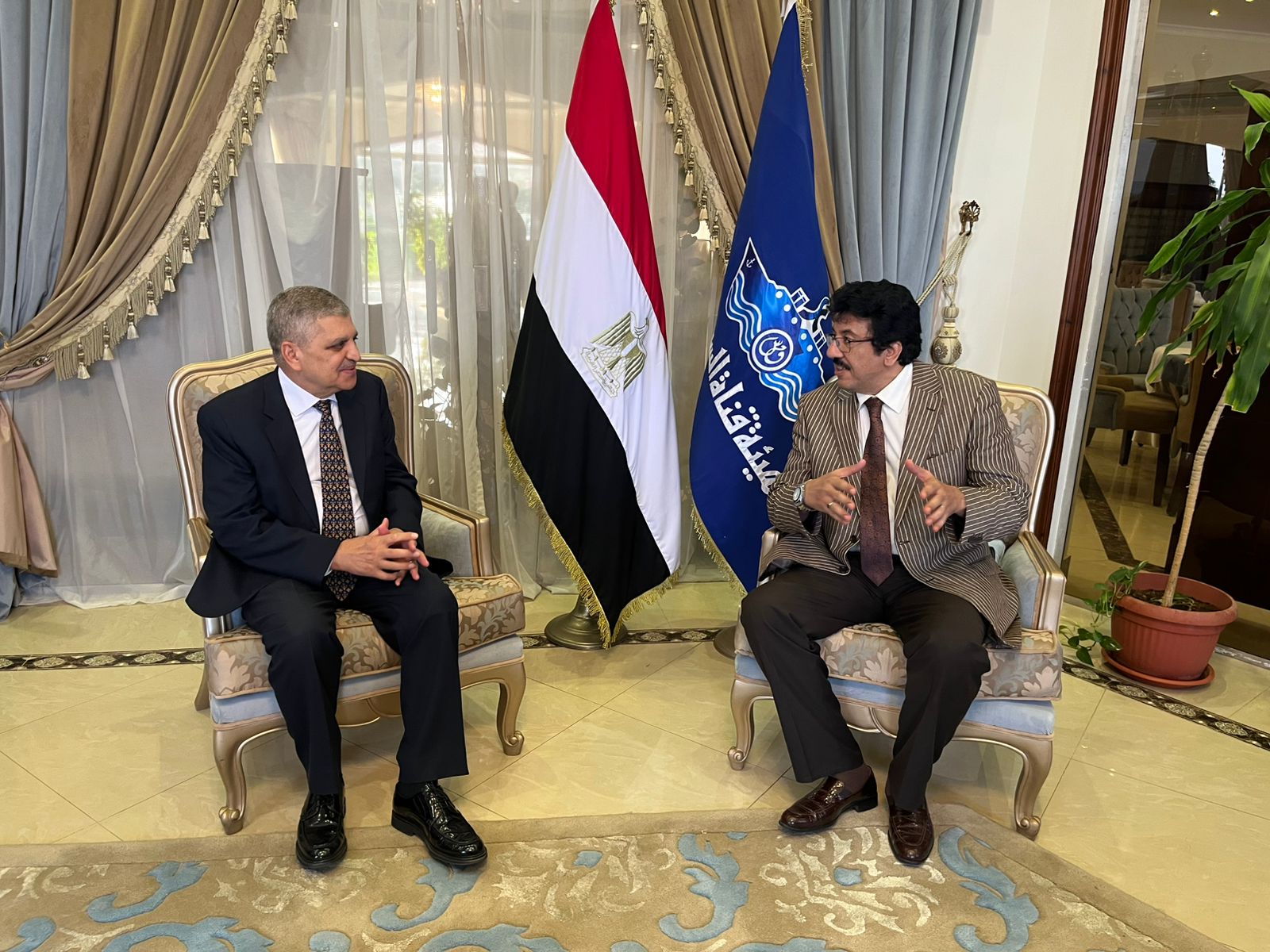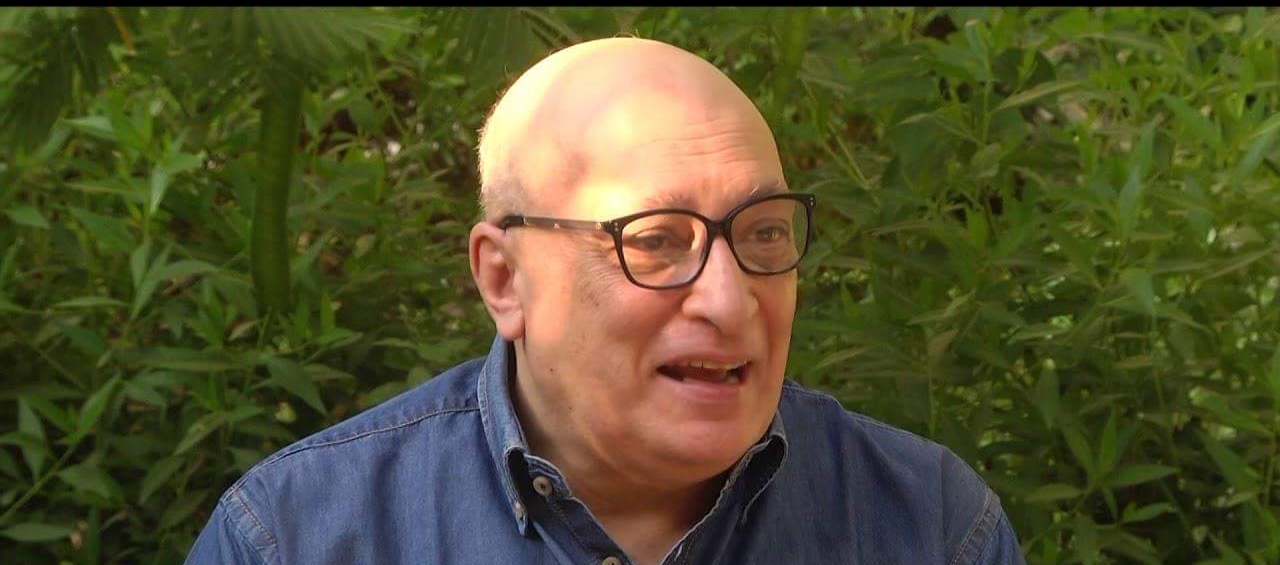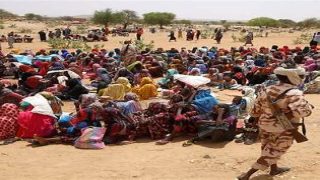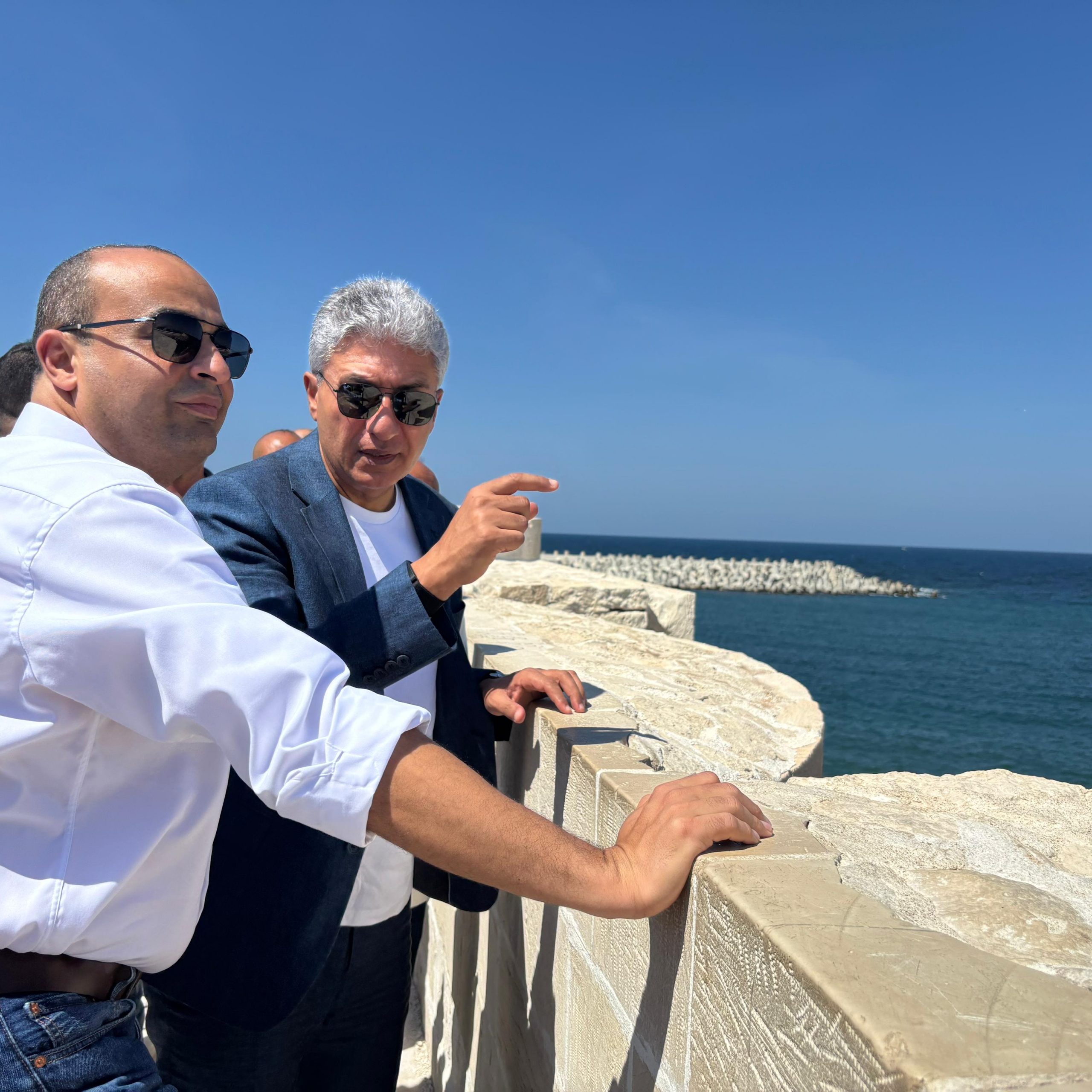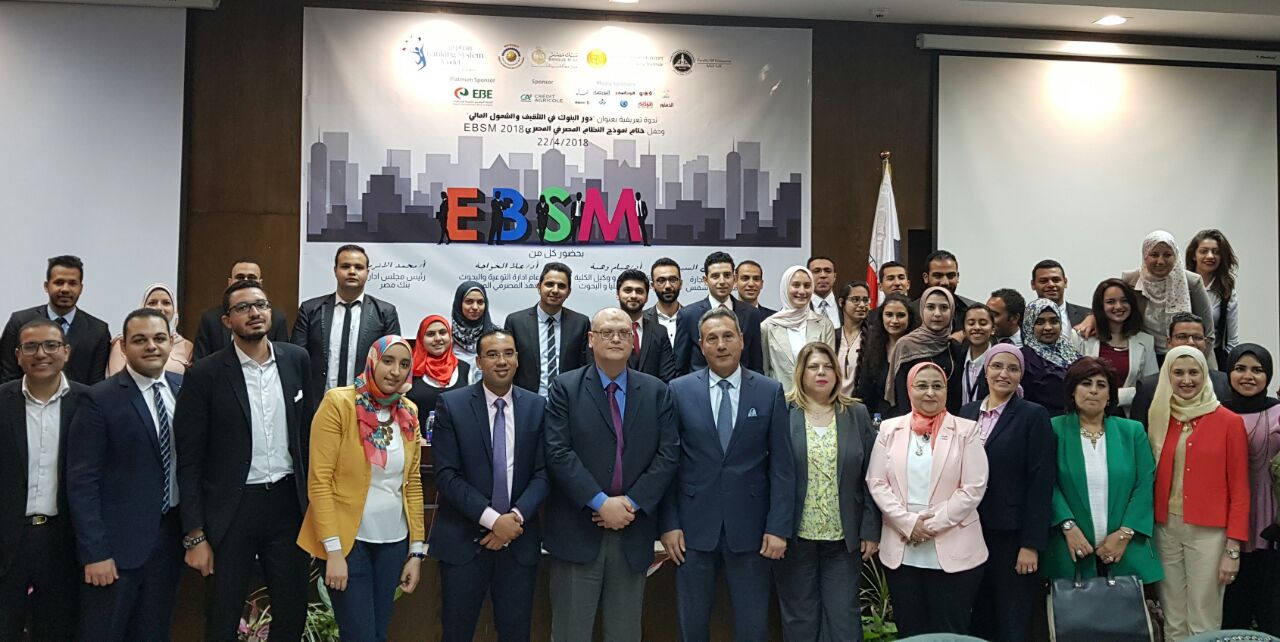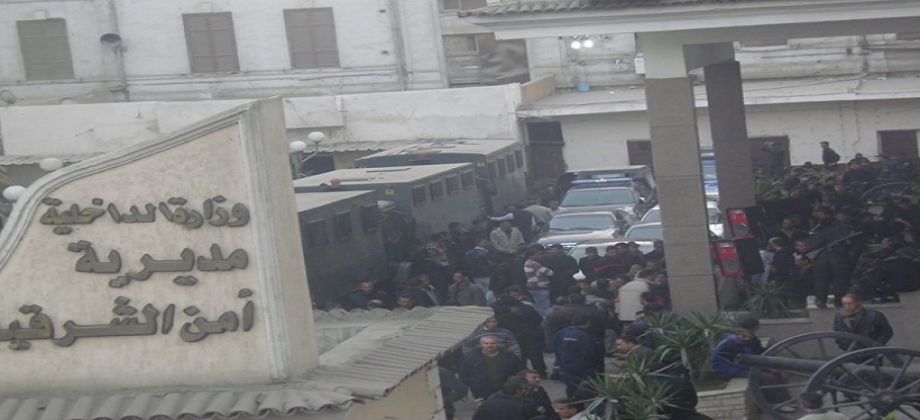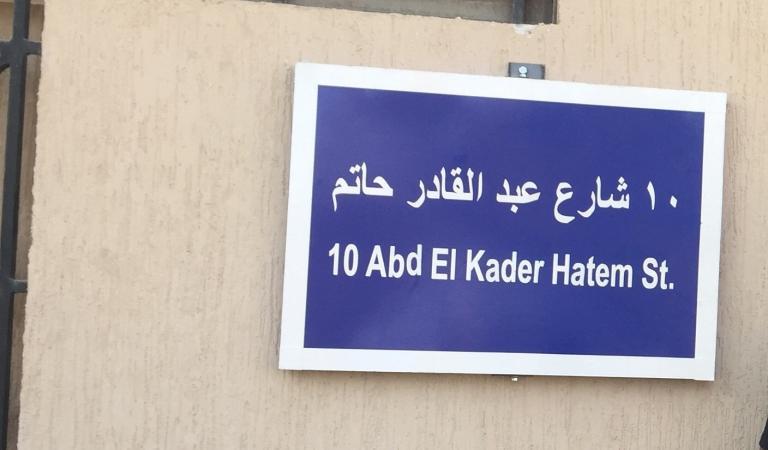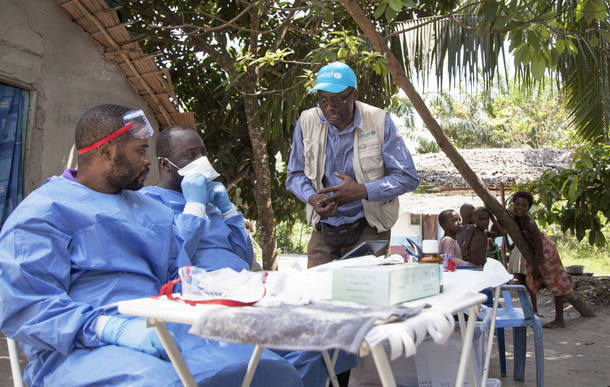The education level, in Rwanda, stays low in spite of usage of the arrangements, for example, compulsory instruction for grade school (6 years) and lower optional tutoring (3 years) that is controlled by state schools. A Rwandan is required to finish a normal of 10.6 long stretches of instruction.
The teenagers are not needed to pay school charges for the obligatory tutoring. A Rwandan is required to finish a normal of 10.6 long periods of training. Nonetheless, the mean number of years that a Rwandan spends on training is 3.3 years, which is lower than the desire. It is additionally lower than the normal long stretches of tutoring in created nations and Sub-Saharan Africa, which are 10.0 years and 4.5 years respectively.] Based on the 2010 Human Development Index report, Rwanda is positioned at 152 out of an aggregate of 169 nations under the ‘Low Human Development’ class.
The quantity of Rwandans approved into schools has expanded somewhere in the range of 2001 and 2008, yet the offices and assets have not expanded at a similar rate. Enlistment in elementary school nearly multiplied throughout the decade, with a normal yearly development pace of 5.4 percent somewhere in the range of 1998 and 2009, to arrive at practically 2.2 million understudies in 2008. Notwithstanding, enlistment development eased back in 2007/08 with an absolute increment of just 40,000 understudies, contrasted with an expansion of 160,000 understudies in 2005/06. Shockingly, no huge increment is clear after the usage of the expense free essential instruction strategy in 2003/04, inferring that factors other than school charges assume a function in the choice to send a youngster to class. In 2008, around 71 essential level understudies are instructed in a solitary homeroom and inside the optional school level for Rwandans, around 5 understudies shared 1 course reading by and large. A normal elementary teacher needs to deal with around 62 understudies as the class size increments at a quicker rate when contrasted with the quantity of educators utilized. The schools in the more distant country territories likewise think that its extreme to draw in educators. [7] The requirements are disturbed by the way that beneficial perusing materials were lacking, especially for the lower elementary school grades.
About 40% of the instructor’s populace in Rwanda have under 5 years of educating experience. The quantity of instructors who are qualified in the grade school have expanded to 99% in 2008, in any case, the quantity of educators who are qualified in the optional school are just 36% and 33% for lower and upper auxiliary separately. This implies Rwanda can’t deliver an exceptionally gifted workforce, particularly while considering the huge extent of educators who are not able to show the auxiliary school students.
Most educators felt that they have been ineffectively paid. Accordingly, just 10% of the absolute educator respondents have gone through capability moving up to accomplish higher capabilities for instructing in Rwanda. The vast majority of the auxiliary teachers are reading for a higher capability that isn’t for instruct


